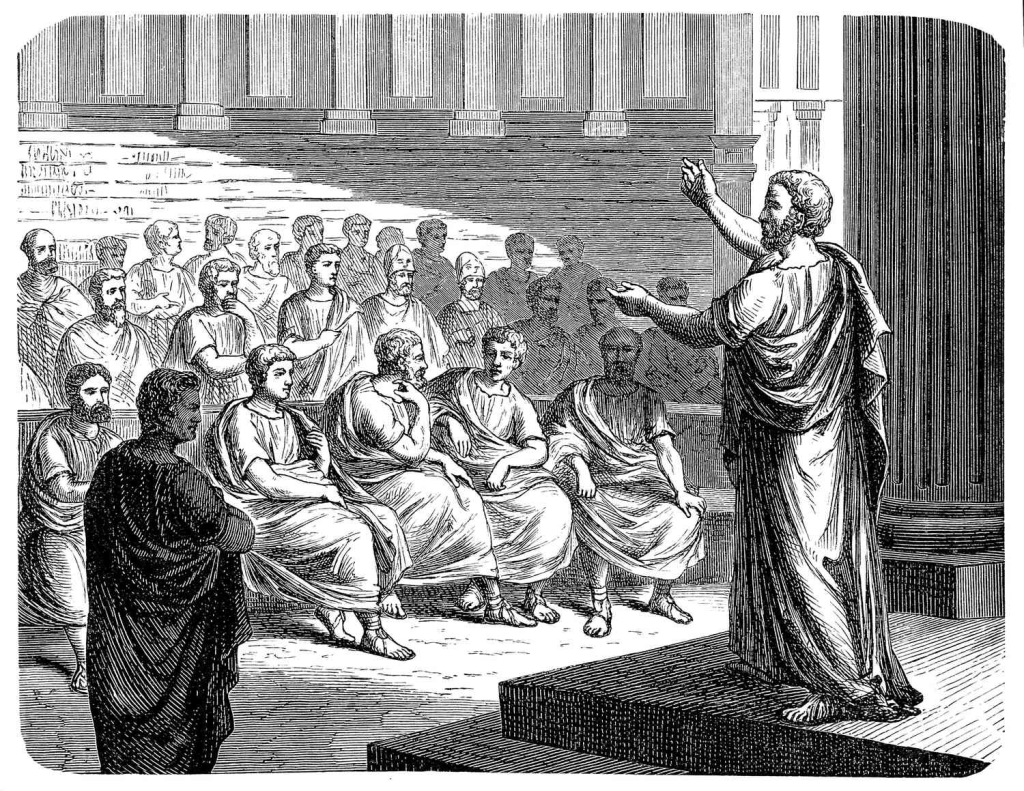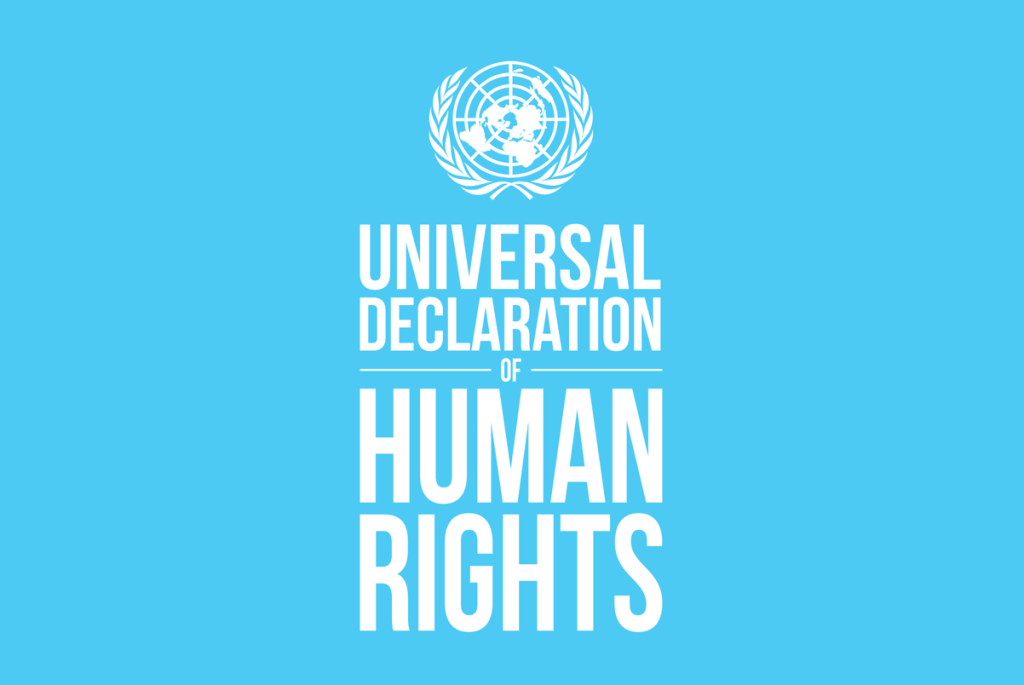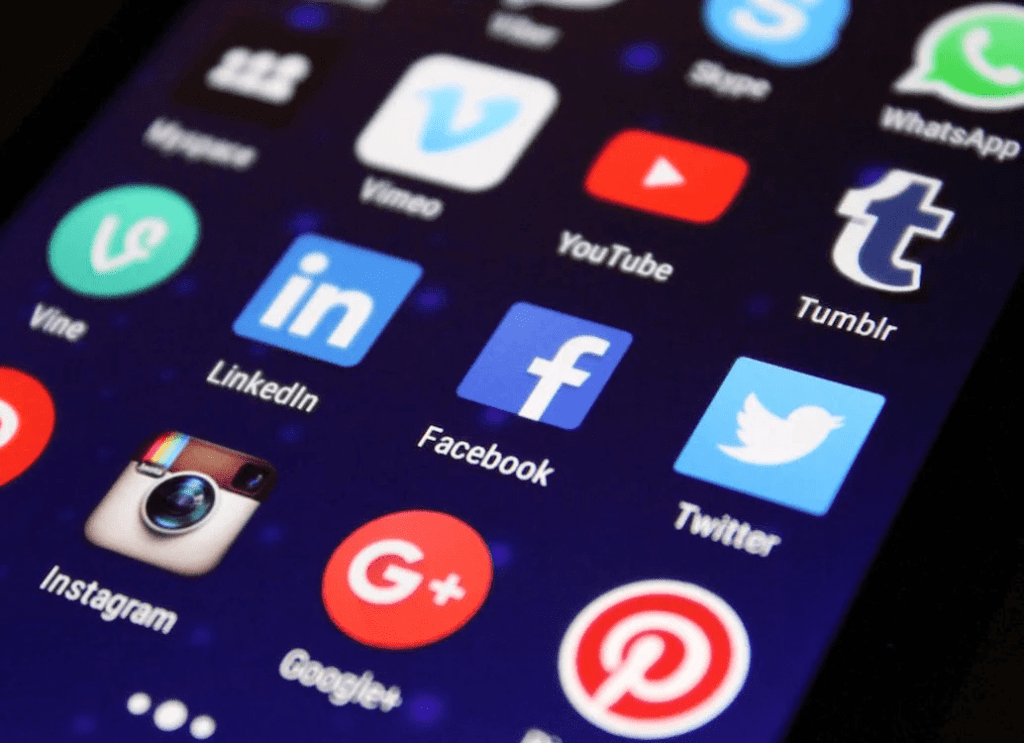Introduction
Democracy is only as good as the institutions that uphold and operate it. Representative democracy was adopted to suit large nation-states of the modern period. This contrasts with Demos Kratos and the direct democracy within Ancient Greece. With this approach came many processes, and checks and balances of power. Only in 1948 however, was the United Nations Universal Declaration of Human Rights introduced. This ushered in a new era of classical liberalism, ensuring basic rights and freedoms for all individuals. As part of this renewed democratic process, institutions were set up to safeguard human rights and democracy. Unfortunately, owing to the influence of many actors, including aspects of the media and social media, some of these safeguards are under threat and other threats may emerge (Tornberg, 2022). It is important therefore to look at the social media impact on institutional integrity, democracy, and human rights.

Source: Direct Democracy in Athens.
The Role of Institutional Integrity in Democracy and Human Rights
Institutional integrity is an important part of the running of democracy. Partly this involves the institutions that create laws such as courts, and the judicial, legislative, and executive arms of government. The institutions that carry out the delivery of laws, such as the Office of the Attorney General and Department of Justice in the United States, and similar offices in other nations, are also involved in this. There are other nongovernmental independent statutory bodies such as Human Rights Commissions in Australia and the United Kingdom, among many others. There are even similar counterparts for animal welfare in the RSPCA.
These institutions not only ensure the running of democracy, but in doing so also uphold and protect human rights. The intersecting of these agencies is designed to ensure checks and balances not just of power, but of the power over individuals, in the pursuit of protecting human rights. Earlier examples of modern legacies in law can be seen within due process, and historical precedents. These include the Petition of Right, Habeas Corpus, prevention of arbitrary imprisonment, the UK’s Bill of Rights, and the ban on Cruel and Unusual Punishment.
Other institutions include the media and social media platforms and their role in engaging with governmental institutions and regulatory bodies. The media has held an important role regarding the checks and balances of power since 1787 when the press was first characterised as the Fourth Estate, attributed to British Parliamentarian Edmund Burke. The social media impact on institutional integrity, democracy, and human rights relevance is made clear.

Source: United Nations Declaration of Human Rights introduced in 1948.
Public Trust
Because these institutions are vital to the running of democracy, their effectiveness in adhering to their purported role in preserving democratic principles is vital. So too is public trust in these institutions. Research has shown considerable distrust in several institutions by many members of the public (Quilter-Pinner, et al, 2021). Distrust has been particularly with elected lawmakers and the media (Park, et al, 2020). When it is perceived that a lack of resonance with public wishes exists, or not seemingly adhering to democratic standards, this can be a catalyst for disengagement with processes out of disillusionment. Reactionary attitudes and disinformation being disseminated can be the outcome of this (Hamerleers, et al, 2022). Both outcomes can lead to the eroding of standards. It can also decrease calls for the integrity of checks and balances as well as calling out corruption.
Oppositional cultural and political viewpoints are to be expected in any democracy. Where complete disenchantment, disengagement, hostility, or polarisation exist without the ability to reconcile viewpoints, issues are created, and institutions such as the media should be held accountable for mitigating this issue, not amplifying division. Concerningly, many actors, from lobbyists to activists can make dedicated efforts to promote fringe viewpoints. These may not necessarily align with the interests of the majority or the environment. In some cases, these are not just political views, but may deliberately challenge individual freedoms and human rights. Again this highlights the social media impact on institutional integrity, democracy, and human rights.
Influence of Media and Social Media on Institutional Integrity
The polarisation existing on a cultural and political level within Western countries is certainly echoed within the media. Political opinions are voiced openly from one media network to another. This is also reflected in social media (Wilson, et al, 2020). The issue that exists in both social media and mainstream media is the influence of minority group actors seeking to influence society with specific goals and objectives. These attitudes or value bases may not necessarily be in the interest of the public, the environment, or society. These may not resonate with public attitudes on the left or right. Different groups may seek to wield traction and influence policy, as well as cultural and social attitudes, using different communication techniques. These include agenda-setting, priming and framing content, and spreading disinformation (Barbera, et al, 2019 Freelon, et al, 2020)

Source: Fake News Can Be Hard To Detect.
Economic, Political, and Social Interests in Media Narratives
Many online activists and campaigners adopt strategies, as do mainstream media producers, which disseminate information or disinformation. Often this is not explicitly, but through inference and through priming the audience with an agenda, framing materials to elicit a specific response, and leading the audience to think a certain way about a subject matter (D’Angelo, 2019). Instances of this are pushing a certain agenda via a comedy skit, news story, or intellectual argument. These are pushed using communication techniques as part of social constructivism, to frame and construct understandings of how to interpret the world around us and imbue new narratives to accept within this (D’Angelo, 2019 Barbera, et al, 2019).
A consequence of constructing new frames of understanding the world is that an audience may have cognitive dissonance with this frame and what is culturally accepted. This can be in contrast to what their innate value base and attitude are (Obong, et al, 2023). Despite this, agenda-setting by certain actors through priming and framing content is pursued. This then distorts public discourse by validating the interests of certain subgroups interests ahead of the majority. This can be seen within news stories and talk shows in mainstream media, as part of entertainment, it can also be seen on podcasts and journalism within social media.

Source: Social Media Platforms.
Disinformation and Misinformation: Threats to Democracy and Human Rights
Some studies have posited how misinformation is spread and disinformation is created. The first phase is through seeding, or actors planting misinformation deliberately masquerading as news or fake news. This maliciously creates ‘disinformation’, as a means to generate a new narrative using both falsehoods as well as half-truths and value-laden judgments (Ruiz, et al, 2022). The next phase is echoing, which enlists participants within groups to further disseminate this information and narratives. This may occur in online spaces, social media in particular (Ruiz, et al, 2022).
There have been many examples in recent years of institutions being affected by narratives within media and social media which have essentially blocked and overturned laws and introduced arbitrary measures. This can be seen concerning judicial processes, whereby jurors and judges have not been immune to social media influences when deciding on criminal and civil cases (Browning, 2021). The Equalities and Human Rights Commission in the United Kingdom was investigated recently to be downgraded by the United Nations for not being politically impartial on human rights issues. In this instance regarding capitulating to and even endorsing anti-transgender discrimination.

Source: Disinformation Can Exist In Media.
Other Media Impacts on Institutional Integrity, Democracy and Human Rights
Other examples include the very real reforms proposed in the United States for judicial reform in America for individuals facing police brutality, murder, and extreme sentences for crimes. This was highlighted as particularly affecting vulnerable groups in America such as African Americans, people from low socio-economic backgrounds, and those with mental illness or a disability. This extremely important advocacy became distorted within social media.
Black Lives Matter began legitimately as a call for change regarding the highly overrepresented African American population in the justice system facing excessive sentencing and police brutality. Within a judicial context, it eventually became partly co-opted as part of an identitarian movement and linked to critical race theory. This, upon the basis of this epistemology, lost traction and gave lawmakers and political opposition the ammunition and ease of dismissing this approach. Police brutality rates in the United States remained unchanged, even increasing in recent years.

Source: Black Lives Matter Protest.
Differing Perspectives and Impacts on Institutional Integrity, Democracy, and Human Rights
The identitarian viewpoint links to broader ideological viewpoints disseminated by fringe actors within the media, politics, and academia. Within which more reactionary or reductive approaches through critical social theory, and post-modernity, can exist. These characterise the central premise of the ideology which largely rejects the classical liberal and modernity-based approaches that human rights were founded upon. Such as were clearly articulated by the ‘I Have a Dream’ speech by Martin Luther King Jr. This is in stark contrast to identitarian politics and aspects of critical social theory, but has been revitalised by more coherent epistemic approaches utilising universal and unrestrained critical theory. Such holistic approaches are consistent with the approaches of the THRIVE Framework.
From this perspective, legitimate calls for justice can be promoted. This however is undermined and obscured by polarisation through echo chambers which amplify division and undermine institutional integrity. We can see further examples of this with radical proposals put forth by Project 25 in the United States. The Project seeks to influence law-making, specifically during the presidency of Donald Trump in 2025.
Safeguarding Institutional Integrity
Social media and media platforms need to regulate the possibility of echo chambers existing, restricting the spread of disinformation (Ruiz, et al, 2022). This can be achieved by revising social media content and algorithms. It should also be a requirement to monitor platforms for toxic content (Etta, 2024). For print and mainstream media bodies, this perhaps is a historic issue as well. Ensuring that sensationalist content does not usurp factual content is essential, whilst also not infringing on freedom of speech. Institutions need to be immune to the impacts of media and social media in directing policy-making decisions.
This issue is particularly relevant to Integral Thinking and Values Based Innovation. Both media and social media companies need to look to regulate issues born out of social media. This is to ensure that echo chambers and disinformation campaigns are not able to gain traction. By companies ensuring that societal values and ethical standards are upheld, proper Values-Based Innovation can occur on these platforms. This will allow for more free, and less tampered-with or toxic, information sharing on these platforms. It is also integral to have these values woven into company policy, as with Integral Thinking. This will ensure that content is as important as profits.
It is also important that political and governmental institutions ensure that their operations are not affected by these influences. Policymaking must be immune from these forces. This again reiterates the need for Values-Based approaches and Integral Thinking within these institutions.

Source: Written Constitution
Conclusion & Call to Action
The social media impact on institutional integrity, democracy, and human rights is an issue we need to address. The public must become aware of these threats and how to prevent their impact, as well as ensure that institutions become immune to them. This way we can navigate toward a more thrivable future without disinformation spread to interfere with this. THRIVE Project educates, advocates, and delivers research on all areas of society and our global ecosystem linked to thrivability. This ranges from institutional integrity, democracy, and human rights, right through to the well-being of the earth itself and every creature on it. Join our mission by listening to our podcasts, watching our webinars, reading our blogs and white papers. You can view all of our materials on our website to be informed on how to tackle these pressing issues.























